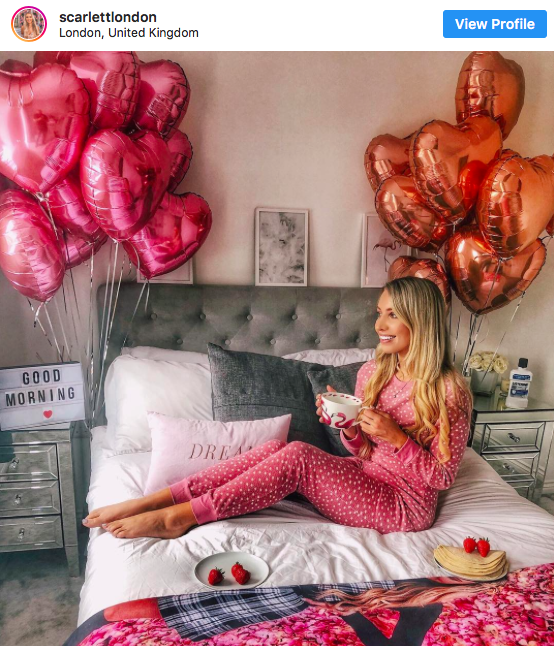With the digital era leaving us starved of meaningful social contact and loneliness fast gaining prominence, it’s high time we started taking our social media addictions seriously.

We may be in denial, but social media and our obsession with likes have gotten to the point that taking a photo of your meal is more important than the conversation you’re having with the person sitting opposite you. We’ve stopped investing in real relationships and interactions; it takes too much commitment and too much time. Want a date? Swipe right. No longer keen? Ghost them. Want to show a friend you still care for them? Like their Insta photo, maybe even comment with an emoji. Our social skills have diminished: even a phone call requires too much engagement. Who calls when you can message?
The fear of rejection is real: we post what we know will be liked. Life literally through a rose tinted lens, void of ugliness. What therefore dominates social media is a semi selection of moments from someone’s life – the highlights. As a result, so many people seemingly have the perfect relationship, job, body. Our reality pales in comparison, peppered by insecurity, self-esteem issues and FOMO. A picture of a group of people who we hardly know, eating #avotoast together can lead us to feel irrationally left out. The solution? We hide our true feelings and emotions behind the masks our Internet personas provide, and take solace in our devices. We post more as a coping mechanism, waiting for the instant gratification that social media approval offers.
Even our opinions have become filtered and reduced to a like: the technological version of a feeble nod. We only share views we know will get a positive reaction, losing our voice in the process, and live in fear of trolling – a misjudged view or photo can be immortalised by a screenshot that doesn’t forget. Before sharing an opinion we’re asking ourselves not what we personally think, but what would my role model say? A well liked person? Or our favourite celebrity…(*cough* their PR team). You have to be woke, LGBTQ+, pro women’s rights, a supporter of #blacklivesmatter, the list goes on, as does the pressure.

Instagram reality is not reality; it has more in common with a fairy-tale. Take Scarlett Dixon, the influencer blasted on Twitter for her ‘morning routine,’ which supposedly consists of perching on a bed wearing a full face of make-up, pretending to eat taco pancakes and drinking tea from an empty mug, while surrounded by heart balloons. You would be forgiven for not realising the photo (see above) was an advert for Listerine. This Instagram marketing done by real people doing “real” things is the most inauthentic advertising yet, due to its guise of being relatable, and leaves us more disconnected than ever.
Influencers with a platform have a responsibility to be transparent about ads and clarifying the real from the fake. Promoting a level of unattainable perfection and labelling it real is wrong and making Gen Z (who don’t remember a time before the internet) the most anxious generation yet. A girl ‘just out of bed’ done up like a catwalk model leads to young girls having self-esteem issues: it’s cumulative. Saying that, does having a #ad post on Instagram with tacos pretending to be pancakes really warrant death threats on (the less sympathising) Twitter? Selling life improvement is nothing new after all: yes, social media is making it prolific and pervasive, but you can just filter it out. If you don’t agree with what someone is sharing on social media the solution is remarkably simply – unfollow them.
Social media is still isolating us by the creating the illusion of a social support network that doesn’t exist. Our overall lack of engagement with the psychical world and with real relationships is leading us to less satisfied and fulfilled lives, all for the sake of a short-lived dopamine (the same chemical produced when we smoke, drink and gamble) high.
We need more balance when it comes to social media. Your phone shouldn’t be your plus-one at a dinner party that gets to sit on the table. There isn’t an app to help you build solid and lasting relationships. Bumble BFF, Tinder and the like (ironically invented to combat our lack of meaningful relationships caused by technology) will only get you so far.
Addicted to social media? Le us know in the comments below.







